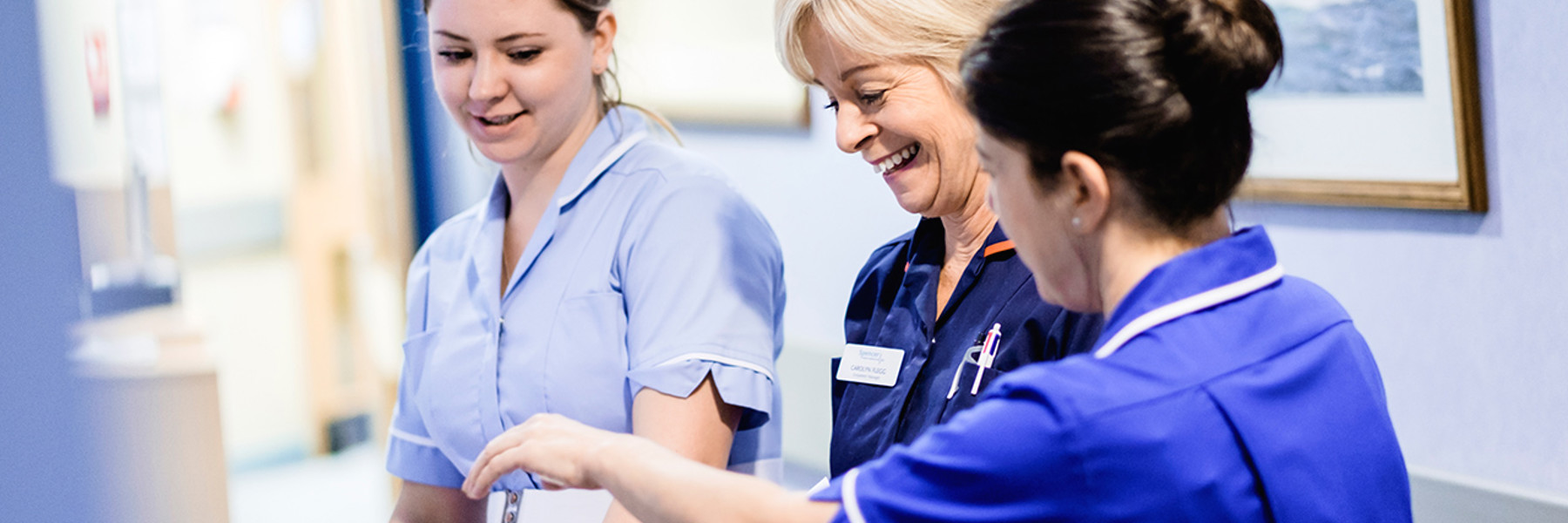Echocardiograms (Cardiac Ultrasound)
What is an Echocardiogram?
An Echocardiogram, often referred to as a cardiac echo or simply an echo, is a sonogram of the heart. It produces moving, real-time images of your heart.
The procedure helps to check the structure of your heart and how well it is functioning. A cardiologist or a sonographer will carry out the procedure and, once completed, will adapt your care depending on the results and your own personal needs.
An Echocardiogram usually takes 30 to 40 minutes. During the procedure, your doctor or sonographer will place the sensor firmly against your skin and move it across your chest. The device works by sending out sound waves and picking up the returning echoes. This gives a clear image of the heart which is displayed on a monitor.
The test is not usually painful but may feel uncomfortable when the sensor is moved over your skin. Sometimes, your doctor or sonographer may need to press quite hard which could cause some discomfort or pain. If you experience this during the procedure, please let your doctor or sonographer know.
Other types of Echocardiogram
There are a couple of types of Echocardiograms that a doctor or sonographer can carry out depending on your personal needs. These are:
Stress (exercise) Echocardiogram
This type of Echocardiogram is done while your heart is “under stress”, which essentially means your heart is working harder. The standard Echocardiogram is combined with an exercise test, or in some cases by taking medication, to get your heart beating faster.
The types of exercises you may be asked to do include walking on a treadmill or riding an exercise bike.
Contrast Echocardiogram
This type of Echocardiogram involves injecting a dye into your vein. The dye helps to show your heart more clearly on the monitor. This type of procedure can be used to help diagnose heart issues, such as a hole in your heart or blood clots.
Recovering from an Echocardiogram
As an Echocardiogram is an outpatient procedure, you are able to go home straight after the test and go about your day-to-day activities.
If your procedure is a Stress Echocardiogram, which involves the use of exercise tests or medicines, you may be advised to rest for up to an hour after the test.
If your test does involve medication there is a possibility for side effects, however, these are rare and usually not serious. Nonetheless, if you do experience any serious or persistent side effects following your procedure, please contact your doctor straight away.
